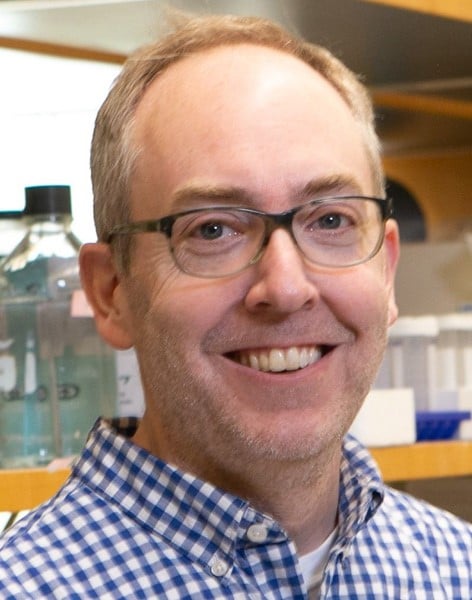- Bach, Ingolf
- Baehrecke, Eric
- Benanti, Jennifer
- Bergmann, Andreas
- Brodsky, Michael
- Cantor, Sharon
- Castilla, Lucio H.
- Fazzio, Thomas
- Flavahan, William
- Gottlinger, Heinrich
- Green, Michael
- Haynes, Cole
- Kaufman, Paul
- Kelliher, Michelle
- Kim, Dohoon
- Lawson, Nathan D.
- Lewis, Brian
- Lodato, Michael
- Mao, Junhao
- Mercurio, Arthur
- Ruscetti, Marcus
- Shaw, Leslie
- Simin, Karl
- Socolovsky, Merav
- Strohsnitter, William
- Tissenbaum, Heidi A.
- Torres, Eduardo
- Tupler, Rossella
- Wang, Yong-Xu
- Wolfe, Scot A.
- Zhang, Hong
- Zhu, Julie
- Bach, Ingolf
- Baehrecke, Eric
- Benanti, Jennifer
- Bergmann, Andreas
- Brodsky, Michael
- Cantor, Sharon
- Castilla, Lucio H.
- Fazzio, Thomas
- Flavahan, William
- Gottlinger, Heinrich
- Green, Michael
- Haynes, Cole
- Kaufman, Paul
- Kelliher, Michelle
- Kim, Dohoon
- Lawson, Nathan D.
- Lewis, Brian
- Lodato, Michael
- Mao, Junhao
- Mercurio, Arthur
- Ruscetti, Marcus
- Shaw, Leslie
- Simin, Karl
- Socolovsky, Merav
- Strohsnitter, William
- Tissenbaum, Heidi A.
- Torres, Eduardo
- Tupler, Rossella
- Wang, Yong-Xu
- Wolfe, Scot A.
- Zhang, Hong
- Zhu, Julie
Cole Haynes, Ph.D.
| Professor |  |
|
| Ph.D.: 2003, University of Missouri-Kansas City | ||
| Postdoctoral research: New York University School of Medicine | ||
| Office: | UMass Chan Medical School 364 Plantation Street, LRB-425 Worcester, MA 01605 |
|
| Phone: | 508-856- | |
| Email: | Cole.Haynes@umassmed.edu | |
Research
We study how cells and organisms adapt to mitochondrial dysfunction focusing on a protective stress response known as the mitochondrial UPR. We are interested in the mechanisms by which cells evaluate mitochondrial function and the modes of signal transduction that drive activation of the protective response. We focus on such mechanisms in physiologic scenarios where the UPRmt plays a role such as during aging, infection and cancer.
Click here for a complete list of published work
Rotation Projects
Current projects focus on how the transcription factor ATFS-1 and the UPRmt are regulated and how it integrates with systems that respond to nutrient or metabolic status. Additional projects include the role of the UPRmt in the propagation of deleterious mitochondrial genomes during aging and in cancer cells, and the role of the UPRmt in detecting and eliminating those pathogens that perturb mitochondrial function. These projects are performed in C. elegans as well as mammalian models.
Positions Available
Multiple positions are available for motivated students, postdoctoral fellows and a technician.